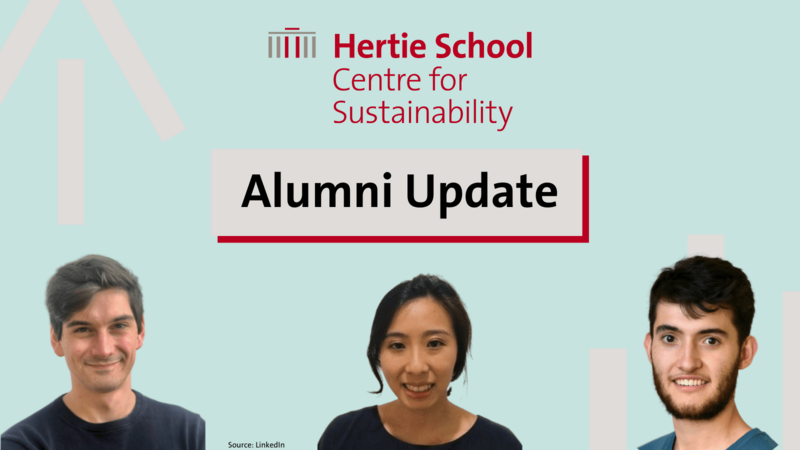
The Centre for Sustainability acknowledges the great success of several Alumni whose work invested in their master theses paid off beyond earning them their Hertie degrees. Based on their thesis work, and in collaboration with their master thesis practice partners at renown research centres, they published papers in top peer-reviewed journals in the sustainability field.
Last year, together with three other researchers, Jaqueline Liu (MPP 2019 and Senior Data Governance Specialist at CXS today) examined the early effects of an anti-deforestation programme implemented by the government of Indonesia. The measures embraced using non-timber forest products, practicing agroforestry, operating tourism businesses, and selective logging in designated production zones to foster conservation. This work was published in the leading scientific journal Proceedings of the National Academy of Sciences of the United States of America (PNAS) as a brief report titled “No aggregate deforestation reductions from rollout of community land titles in Indonesia yet” (read the paper).
This year, Felipe Corral Montoya (MPP 2018 and currently a PhD candidate at the Technical University in Berlin) together with two co-authors, used the research conducted for his master thesis to develop a paper examining coal extraction in Colombia as a case study of mechanisms leading to the current degree of coal and fossil fuel extraction entrenchment in that country. The paper analyses the political, societal and economic circumstances as well as environmental implications, looking also at the consequences for affected communities. The paper “Unveiling the political economy of fossil fuel extractivism in Colombia: Tracing the processes of phase-in, entrenchment, and lock-in" was published in Energy Research & Social Science (read the paper).
Tobias Bernstein (MIA 2020 and analyst at Adelphi today) contributed to a newly released report of the ifo institute in Munich. Together with other researchers from MCC, they discussed the distributional effects of price and regulatory instruments for more climate protection in the transport sector. They demonstrate that CO2 efficiency standards as well as subsidies and driving bans have problematic distributional effects and that regulatory measures are less effective if compared to pricing instruments (read the analysis).
The Hertie School is not responsible for any content linked or referred to from these pages. Views expressed by the author/interviewee may not necessarily reflect the views and values of the Hertie School.
